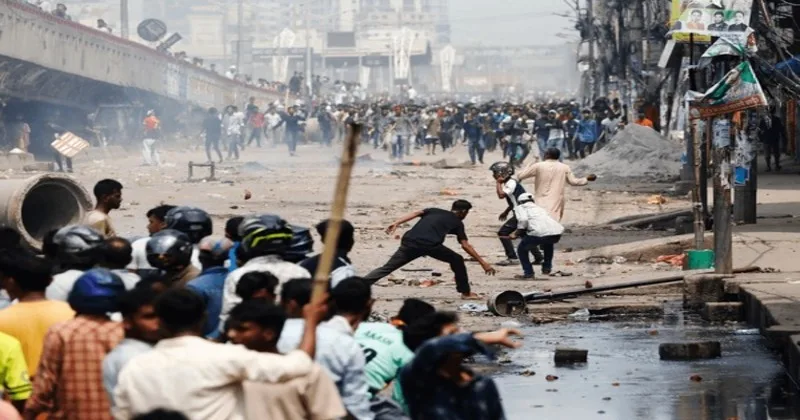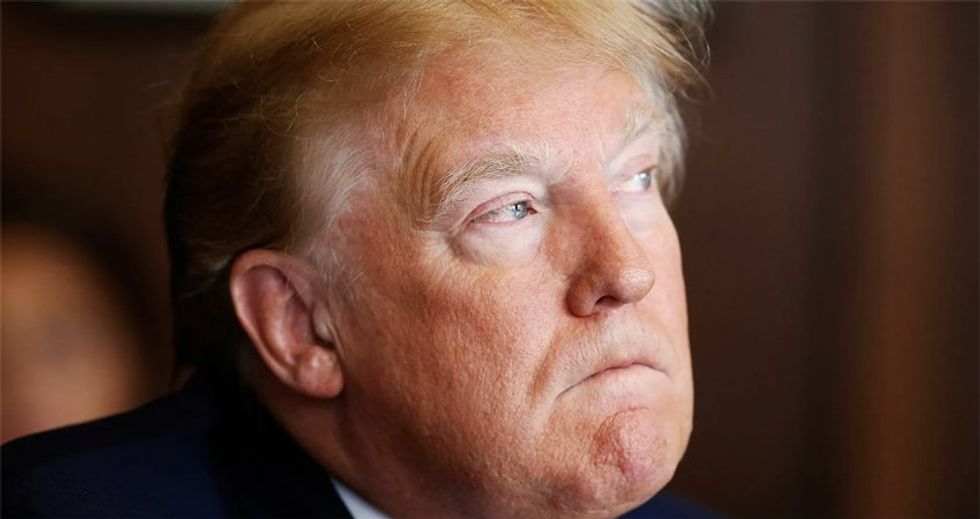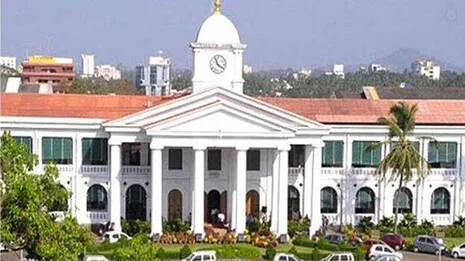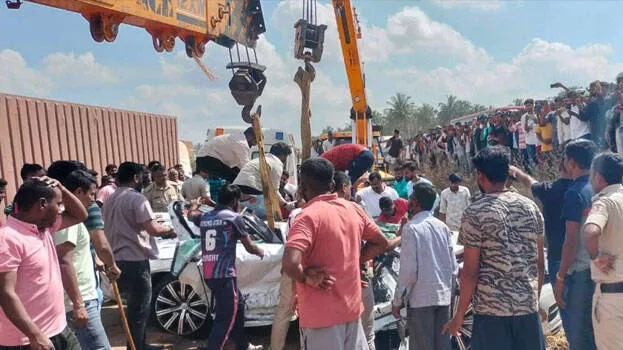
The radical Islamists may have had a free run following the ouster of Sheikh Hasina in Bangladesh. While Bharat managed to keep up the pressure on Dhaka which is under the interim government led by Muhammad Yunus, the international community was however slow to react. During a recent trip to Bangladesh, Bharat’s foreign secretary, Vikrant Misri, made it clear that New Delhi is watching and expects Dhaka to protect the minority community who have been facing religious persecution.
The Hindus, in particular, have been targeted ruthlessly by the Islamists, who have been given a free hand owing to the pressure on the interim government by the Jammat-e-Islami. In the international scenario, President-elect Donald Trump was the first to speak about the issue. On Deepavali, he condemned the violence and also said that Dhaka must act against those targeting the minorities.

He also went on to say that this would have never happened under his watch. The US administration, which had been silent for a long time on this issue, has finally reacted. It has been said that the situation is being monitored closely, and the United States will hold Bangladesh accountable for ensuring the protection of religious and ethnic minorities in the country.
White House National Security Communications Advisor John Kirby said that the security situation in Bangladesh has been difficult following the ouster of the former prime minister. And have been working closely with the interim government to enhance the capability of their law enforcement and security services to deal with the challenge. Kirby said that they have been clear in their engagement with all Bangladeshi leaders that protection of religious and ethnic minorities, security to all Bangladeshis regardless of religion or ethnicity.
We want to hold them to that, he also added. There has been a lot of pressure on the White House to react and also make a statement. This development comes in the wake of the Indian Americans holding peaceful protests and marches in several cities, including in front of the White House, urging the Biden administration to stop brutalities against the minority Hindu community in Bangladesh.
The statement from the Biden administration is indeed a welcome step and would step up the heat on Dhaka. While New Delhi has been stepping up pressure diplomatically, many Hindu organisations too have come forward to protest against the atrocities. Protests have been held at Delhi’s Chanakyapuri, Dharmasala, Himachal Pradesh, and Jammu, during which intervention by the Centre and United Nations was sought.
These developments have at least enabled Bangladesh to acknowledge that there is a problem in its backyard. Dhaka acknowledged that 88 incidents of communal violence against minorities, primarily Hindus, have taken place since Sheikh Hasina’s ouster. The country also said that it had arrested 70 persons in connection with these cases.
The disclosure was made during Misri’s visit to Dhaka. During a meeting with Misri, Bangladesh foreign secretary Jashim Uddin reaffirmed that the safety and security of the minorities in Bangladesh, regardless of their faith, religion or ethnicity, was the priority of the interim government. In addition to the diplomatic pressure, Adani Power too stepped up the heat on Dhaka.
The company, which is seeking to recover more than $850 million of unpaid electricity bills, reduced its supply to Bangladesh by half and may cut the nation off completely. Adani Power is asking Dhaka to arrange a letter of credit or repay the money. This has put Bangladesh under pressure as the reduction of power supply raises the risk of further blackouts in the country, which is also grappling with a huge financial and energy crisis following weeks of violent protests.
Reacting to this, Bangladesh said that it is trying its best to accelerate all international payments. While Bangladesh says that it has the intent to protect the minorities following the immense pressure it has come under, statistics, on the other hand, tell a very grim picture. A report says that there have been 190 cases of looting, while 32 homes were set on fire.
16 Temples have been desecrated and two incidents of sexual violence were recorded between August 5 and 9 following Sheikh Hasina’s ouster. By August 20, the number of incidents had increased with 2,100 total cases of violence against the Hindus, including the desecration of 69 Temples. 157 attacks on families were also reported, according to the report titled ‘Bangladesh Minorities Under Siege: A Wake-Up Call for the International Community.
The report was prepared by the Centre for Democracy, Pluralism and Human Rights (CDPHR). The report calls for the establishment of a UN-backed commission to investigate the atrocities, the deployment of peacekeeping forces and targeted sanctions against those responsible for the violence. The report also called upon the Bangladesh government to uphold secular constitutional values, restore minority rights and take action against extremist groups.
.










